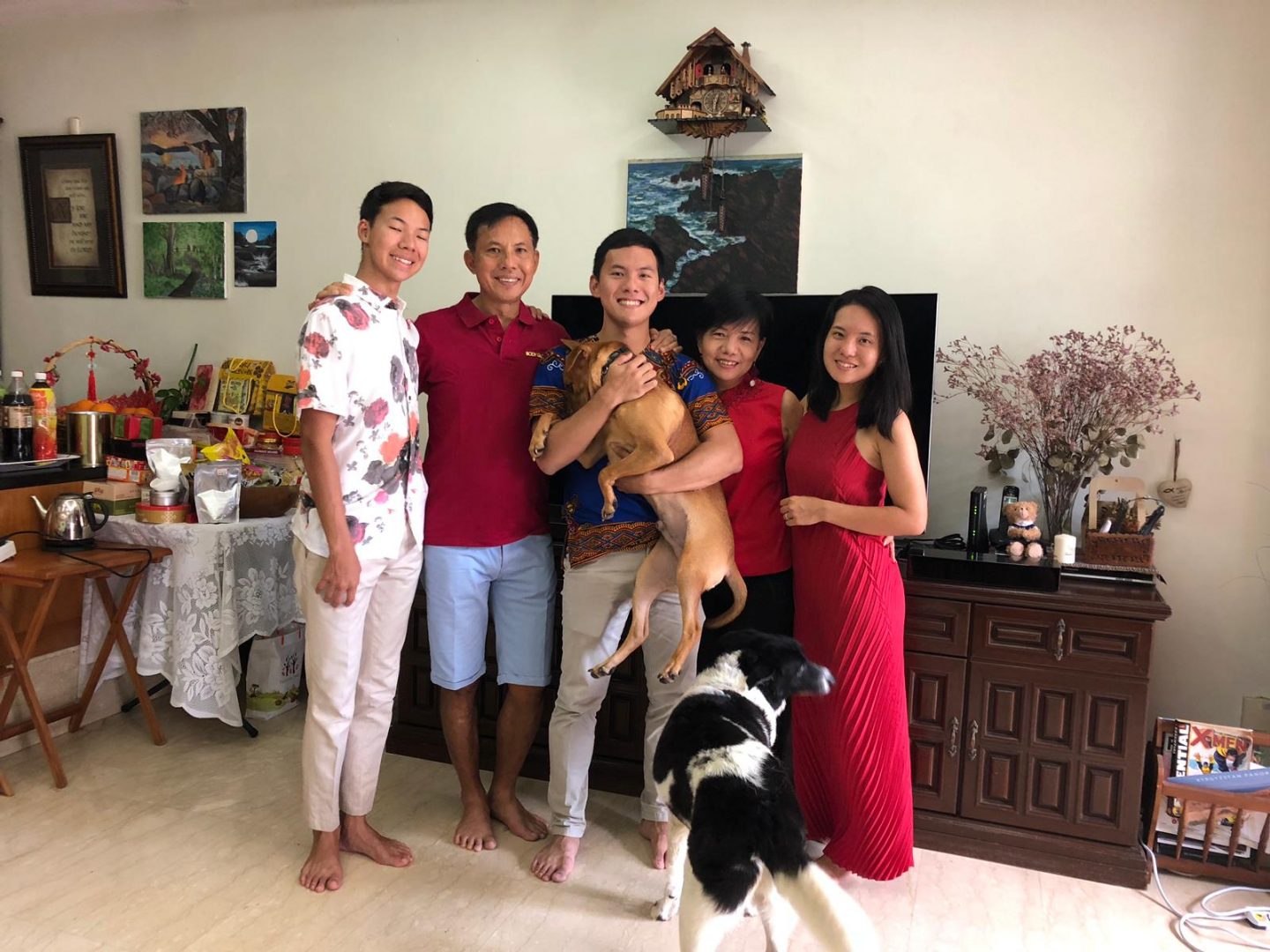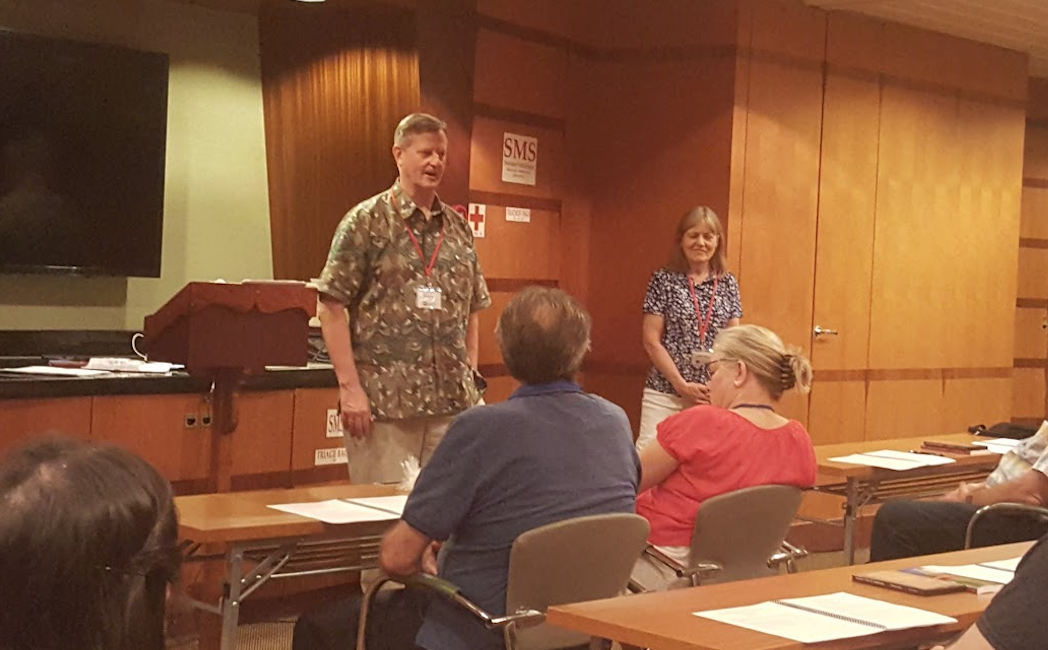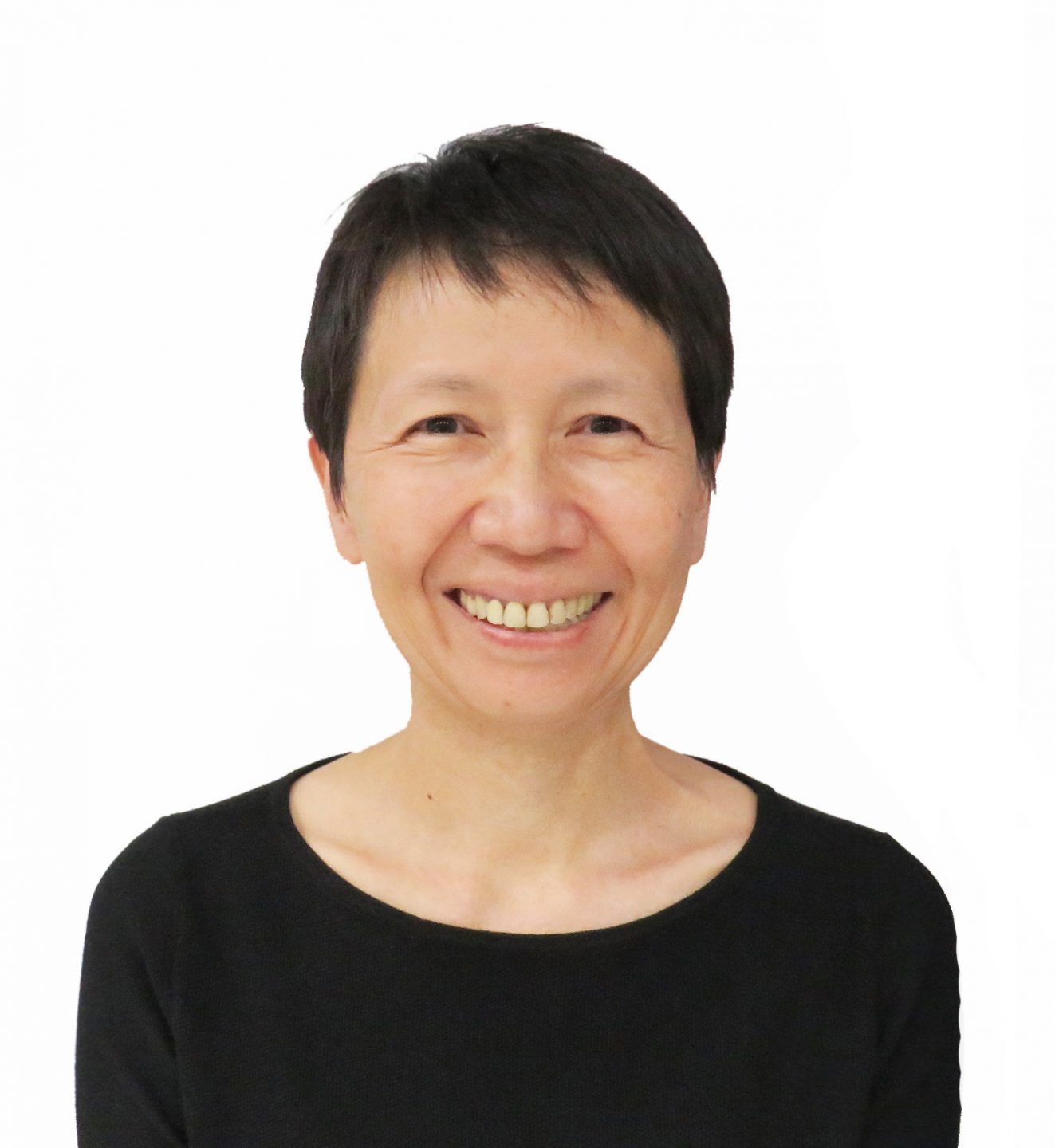“It unstuck our marriage”: Transformed couple hosts retreat here with US speakers who helped them
Emilyn Tan // September 26, 2019, 11:08 am

Love conquers all: Going on a Covenant Marriage Cruise gave Albert and Alison Lim new perspectives on how to rebuild their marriage. All photos courtesy of Alison Lim-Ang.
A heart attack gave Alison Lim-Ang a chance to reexamine her life. It was the manifestation of quietly festering medical issues, while yet being an extension of God’s grace to her troubled marriage.
A stenting procedure settled the physical pain that gripped her chest on March 1, 2017; the healing of her inner being was a journey that took much longer.
The 57-year-old was an angry person at the time and considering divorce, but a flyer publicising a three-hour workshop on “Supernatural Marriages” by Craig Hill caught her eye. Although she laughed at the suggestion, the title gave her hope and she signed up to attend the event with her husband, Albert Lim, 58.
“Albert sat through the entire workshop with his eyes wide open,” she says, marvelling at how it seemed to be curiously tailor-made for their situation. “Craig’s sharing resonated so much with us. We picked up very important handles on how we can relate better with each other.”
The lessons they learnt helped them so much that, to celebrate their 30th wedding anniversary, they decided to bring Hill and his wife, Jan, to Singapore to conduct a three-day Covenant Marriage Retreat. The event will be held November 14 to 16 at Faith Methodist Church.
“I felt like I was last on his priority list”
Before the workshop, Alison “felt neglected” by Albert, a businessman who was active in the church and the community.
“I had the impression that everything he did was much more important than me. I felt like I was last on his priority list.”
“We picked up very important handles on how we can relate better with each other.”
Asserting herself, the training consultant resorted to giving him a curfew on Saturdays and would go ballistic if he was late by even a minute. “I would ‘interrogate’, criticise and accuse him,” she describes, and use his every attempt to explain as more “ammunition”.
He would retreat into stony silence. She would be frustrated enough to have sleepless nights.
“When we had such battles, I would try to gain sympathy votes from my children. I criticised my husband in front of them and this affected their opinions of their dad. Sometimes, they tried to defuse the tension but I knew that it created much pain for them.”
Their differences were so irreconcilable that it affected their ability to hold up their public persona as a couple.

Resolving their marital tensions brought joy to Albert and Alison’s children as well.
“One period of our marriage, I became very paranoid about Albert being away from the family and I really drove him up the wall. He retaliated by intentionally staying out without being contactable.
“I entertained thoughts of ending the marriage,” Alison shares.
From fleas to teammates
This changed when they soaked in Hill’s teaching, which covers three Bible-based principles that govern a fulfilling marriage:
- Marriage is a unilateral, unconditional blood covenant
- Regular, transparent, heart-to-heart communication is a necessity
- Conflict resolution requires effective strategy.
In his book, Two Fleas and No Dog: Transform Your Marriage from Fleadom to Freedom, Hill writes: “A large majority of people when they marry, like a flea, are focused on finding someone who will meet their needs and desires.”
The ideal is finally arrived at when life is all about God and His purpose for a couple’s lives.
This unrealistic expectation goes unfulfilled time and again, and they are likely to develop a “how-you-affect-me” blame mentality in this first stage.
As their dissatisfaction grows, each party becomes convinced the other’s selfishness is the cause.
The second stage of “two drowning people in open water” arises, and both end up desperately needing “emotional oxygen”, as Hill terms it.
Their mantra could be: You are the cause of my drowning. Or they may be feeling: If you don’t change immediately, I’m going to perish.
With some counselling or other help, the couple could arrive at the third stage, which is a less-than-ideal picture of separate lives.

Craig and Jan Hill teach the Biblical principle of covenant-keeping in their marriage conferences.
Husband and wife may recognise their own selfishness and take personal responsibility for their choices, but don’t develop trust and a common purpose for their marriage. Hill pictures them as “two independent swimmers swimming near each other” who may drift apart over time.
“They learn to be dependent upon God alone, and interdependent toward each other.”
The ideal is finally arrived at when life is all about God and His purpose for a couple’s lives. They then become like “two free teammates in a canoe together heading towards a common goal” (Philippians 2:3-4).
“This is really only possible when both partners are secure in the fact that they are inherently valuable and can trust God to meet their personal needs and desires,” Hill writes. “They can then both concentrate on learning how to manoeuvre the canoe together.
“‘We’-centered couples recognise their need for each other in order to accomplish the goal, but never look to each other as a source of life. They have learned to become dependent upon God alone, and interdependent toward each other.”
The Hills stumbled into forming Family Foundations International through working out the kinks in their own marriage. The organisation is now a global entity with 10 offices across the globe, from Canada to Australia, Russia to South Africa.
Paddling hard
Invigorated by the workshop, Alison and Albert went on to sign up for a covenant marriage cruise led by the Hills. It covered the significance of a covenantal marriage and the value of blessing each other, and the couple also learnt how to forgive and to pray with each other.
“We worked through our conflicts and renewed our love for each other. It unstuck our marriage.”
“We worked through our conflicts and renewed our love for each other. It unstuck our marriage,” Alison testifies. “Albert learnt how to communicate with me at the relational level instead of sticking to the topical level.”
She also shares that “my children are in a better space now as they do not have to face the tension between us”. They have a daughter and two sons, aged between 22 and 28.
The Lims have since walked with many couples, sharing their experience on “how to uphold this divine institution of marriage”. They hope many will have the benefit of sitting under Craig and Jan’s tutelage during the marriage conference.
“With stronger marriages, families will be built on a stronger foundation to weather the storms in life,” Alison, now the chairperson of the Family Life Ministry in the church, says. “For younger couples, they will be able to start their married lives truly with God in the centre of their lives.”
With 1 in 4 married people in Singapore thinking of divorce, what hope is there for marriage?
The Hills will be conducting the Covenant Marriage Retreat 2019 in Singapore for the first time, from November 14 to 16 at Faith Methodist Church. The early bird deadline has been extended to October 14.
We are an independent, non-profit organisation that relies on the generosity of our readers, such as yourself, to continue serving the kingdom. Every dollar donated goes directly back into our editorial coverage.
Would you consider partnering with us in our kingdom work by supporting us financially, either as a one-off donation, or a recurring pledge?
Support Salt&Light



